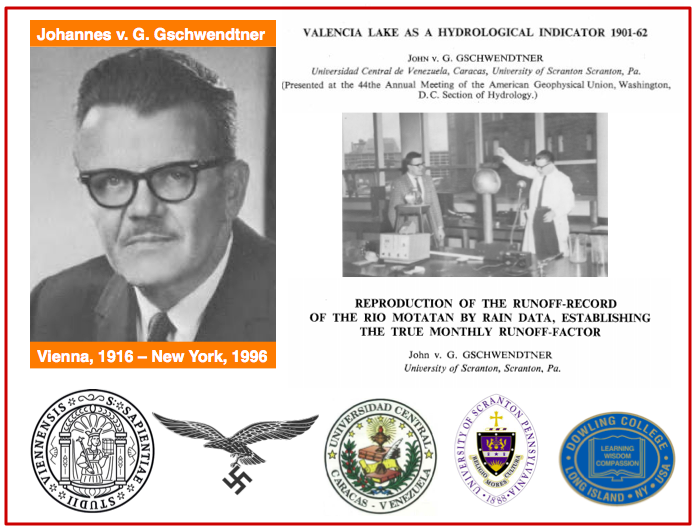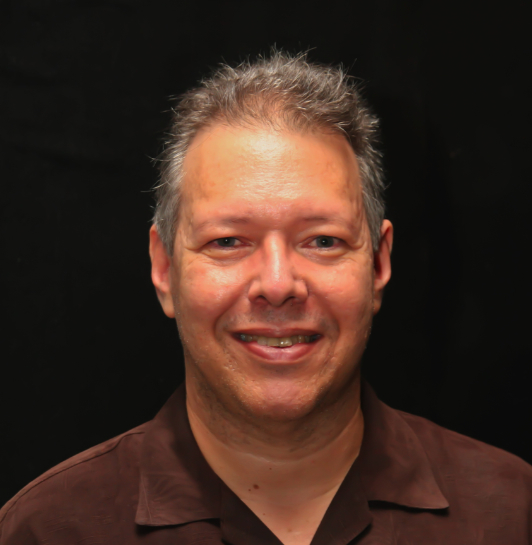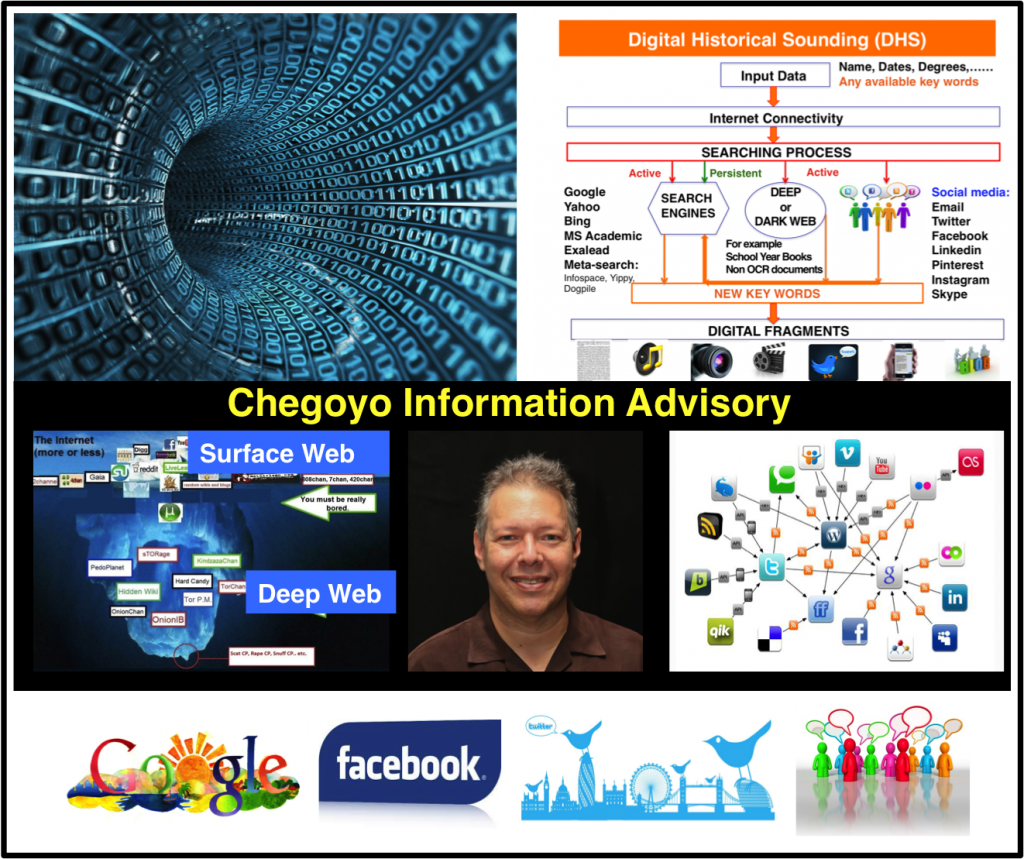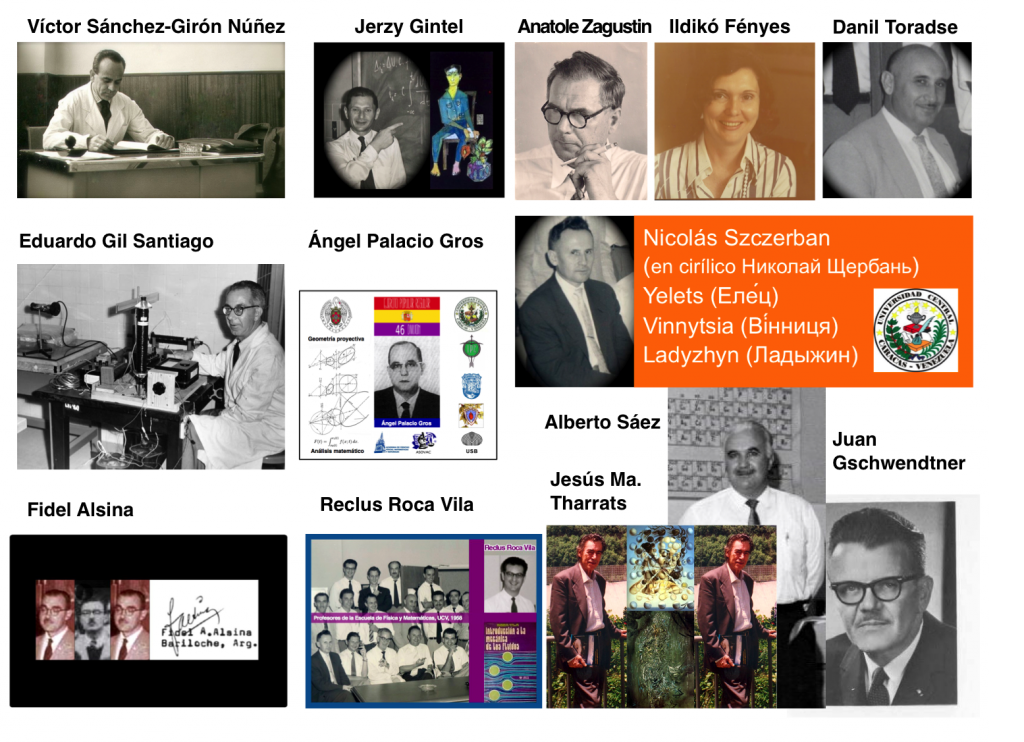The World Wide Web can be divided into the “Surface Web” – places that can be accessed using standard search engines such as Bing, Dogpile, Google, Yahoo, among many others – and the “Deep or Hidden Web”–that is, web places that are hidden from the search engines. For example, many wikis, conference reports, white papers, proprietary journals, and databases are part of the deep web.
Chegoyo Information Advisory searches the “Surface Web” and “Deep Web” for data and information related to the question, research topic, or scrutiny area put forward by our clients. With our search methodology, we use different search engines and persistent searches to look into the World Wide Web. We provide three kinds of services: Web InfoReport, Personal Content Curator, and Digital Life History services.
Web InfoReport
Web InfoReport is a private content curation practice. Chegoyo Information Advisory also does public content curation as a public service such as when we monitor the Web for information about Social Media for Scientists. Chegoyo Information Advisory searches the Web for the required information, finds the available data, then, analyzes and validates the collected information (we curate the content) and presents the results in the form of a Web InfoReport, which contains information that is relevant to the client who commissioned the investigation. In many cases, each piece of information comes with a summary of its content.
For instance, consider the problem of how to measure well-being. Healthcare organizations, politicians, non-profit groups, and even workers’ unions are interested in well-being. A search engine on the Web like Google returns over 699,000,000 hits for “well-being” and about 47,000 hits for “measuring well-being” in a way that is not organized. Search information that is not curated has little utility. A better alternative is an intelligent search that qualifies the retrieved information filtering out the trivial pieces, organizing the relevant information, and commenting on the most important references.
Recently, a research group at the University of Michigan’s Ross School of Business was working with one of the largest healthcare management organizations in the US to develop a comprehensive measure of well-being. They contacted me to conduct an intelligent web search on measuring well-being. I produced a 20-page Web InfoReport on measuring well-being documenting the latest information of models and strategies available on the Web for measuring that social construct. According to the client, our report saved them at least six months of work.
We have produced Web InfoReports on the following subject matters: Biomimetics, the Power of Social Media, Politics 2.0, Senior Citizens and Social Media, and the U.S. Healthcare industry — with emphasis on patient care, noncompliance, patient follow-up and with a special focus on healthcare in the State of Texas.
There are two kinds of Web InfoReport: Web Searching Extended InfoReport and Web Searching Quick InfoReport.
Personal Content Curator
According to FastCompany, “Curation is the act of individuals with a passion for a content area to find, contextualize, and organize information. Curators provide a consistent update regarding what’s interesting, happening, and cool in their focus. Curators tend to have a unique and consistent point of view—providing a reliable context for the content that they discover and organize.”
If you find yourself having no time to follow the Internet flow of information about a particular topic. Upon mutual agreement on the research area, you can hire our services as your Personal Content Curator to continuously monitor topics about which you are passionate or interested.
Digital Life History
Digital Life History is a service focused on profiling an individual or group of people like the founders of a company or a scientific institution. It tries to answer the question of what kind of information (the digital trace) is available on the Web about the subject of inquiry. Digital Life History scans the Web for digital fragments about a person, group of people, or an institution, and, after an analysis and verification phase, the digital fragments are woven into a narrative form to show the outcome of the investigation.
Our Digital Life History services profile people, groups of people, or institutions taking advantage of the Digital Historical Sounding (DHS) methodology to use Internet connectivity, search engines, and social media to explore virtual territories for digital fragments about the object of our inquiry (an individual, group of people or an institution).
Digital Life History: The case of the mysterious Dr. Gschwendtner
As an example, consider the life of Dr. Gschwendtner. The institutional memory of his existence was lost and he became an almost unknown person in the annals of the history of Venezuelan science and technology. There was no picture of him either.
At the start of our investigation, we were provided with the following piece of information gathered from a book about the early days of the Faculty of Science of Universidad Central de Venezuela (UCV, Central University of Venezuela).
The name Juan Gschwendtner appears in two lists of faculty members for the year of 1957 and 1960. However, his name did not appear in the list of faculty corresponding to the year of 1963. Therefore we can say that Juan Gschwendtner, at least, from 1957 to 1960, was an Instructor of General Physics courses at the Department of Physics, University Central de Venezuela (UCV).
This was all we knew about Juan Gschwendtner at the beginning of our investigation. Our web research was able to find several pictures of him and produced a life profile with the available information on the Web. For details about how we built his life profile, we invite you to read the tale, Validating Dr. Gschwendtner’s Story.

He was born in Vienna, Austria (March 4th, 1916), earned a doctorate degree in Experimental Physics from the University of Vienna (1940), and died in the State of New York, on February 12, 1996. His last place of residence was Islip Terrace, Suffolk County, New York, 11752. His Social Security Number is 189-34-0458 (corresponding to the State of Pennsylvania). We obtained his birth certificate from the Vienna Municipality.
His real name was Johannes von Gozdava Gschwendtner. He was a student of professor Franziska Seidl (1892-1983) and Egon von Schweidler (1873-1948). Soon after his graduation, he was recruited to serve in the German Luftwaffe, and was assigned to the Meteorological Division were he earned the rank of captain. In 1942, he seems to have deserted the Luftwaffe and sought refuge in Switzerland, and few years later he came to Venezuela–our research was not able to find out the year when he landed in Venezuela, however, we have evidence that in 1949 he was working in Venezuela as a hydrologist.
For at least ten years (1950-1960), and maybe for a little longer, he was professor of Physics and Hydrology at UCV. He was the promoter and founder of the Hydrometeorology studies at the Faculty of Engineering (UCV). In 1959, he was named alternate member of COVENIN (a Spanish acronym for the Venezuelan Commission of Industrial Norms). In the early sixties, he immigrated to the US where he became a faculty member at two East Coast universities (Scranton University, in Pennsylvania and then Dowling College, in New York). More details in Validating Dr. Gschwendtner’s Story.
 I am José Alvarez-Cornett (@Chegoyo on Twitter), a multidisciplinary generalist with many intellectual interests. I have been a trusted curator of information for several years. My original educational background is in Theoretical Physics (Central University of Venezuela, 1981). I did graduate studies in Geosciences at UC, Berkeley, and have an MBA (2000) from the University of Southern California, Los Angeles, California. I also had a three-year life experience (1992-1995) in China: living, exploring, working, and studying Chinese language and culture at Beijing Language and Cultural University in Beijing, China. Professionally, I have worked as a field geophysicist and a manager for several Oil & Gas companies. I have also held managing positions within the IT industry. When you hire our web research services through Chegoyo Information Advisory you are tapping not only on my large web searching capabilities but also on our capacity to draw connections on many different subjects and disciplines.
I am José Alvarez-Cornett (@Chegoyo on Twitter), a multidisciplinary generalist with many intellectual interests. I have been a trusted curator of information for several years. My original educational background is in Theoretical Physics (Central University of Venezuela, 1981). I did graduate studies in Geosciences at UC, Berkeley, and have an MBA (2000) from the University of Southern California, Los Angeles, California. I also had a three-year life experience (1992-1995) in China: living, exploring, working, and studying Chinese language and culture at Beijing Language and Cultural University in Beijing, China. Professionally, I have worked as a field geophysicist and a manager for several Oil & Gas companies. I have also held managing positions within the IT industry. When you hire our web research services through Chegoyo Information Advisory you are tapping not only on my large web searching capabilities but also on our capacity to draw connections on many different subjects and disciplines.
If you want more information about our services, please contact us at cia@chegoyo.com




Recent Comments